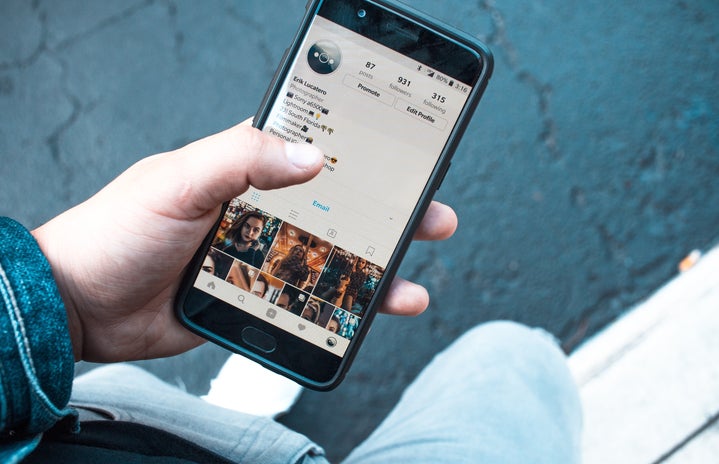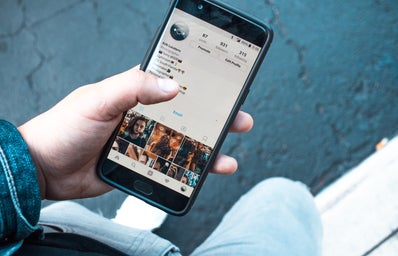In this day and age, editing your photos seems to be the new normal. It’s just assumed that the picture was edited, and if it’s clearly not edited, it’s a show of extreme self-confidence. Yet, why is this a grand feat when we look like our natural selves every day in real life? I barely posted photos of myself before meeting one of my best friends. Not because I wasn’t confident, but because I simply had never felt the urge to post a picture of just myself. Often, I post group photos to commemorate an event or share a special moment. As I became a bit more aware that social media is the looking glass into one’s personality, I began to post pictures of myself during a special time in my life: College.
As I posted picture after picture, there was an underlying film encapsulated on each post I made. My friend taught me how to edit my pictures and showed me the path to more Instagram likes. The majority of the time, it’s increasing clarity or making my waist snatched. I always look at the before pic and make sure that there are no alarming differences that make me not love the real me.
Kryptonite or Lifesaver?
For many people, including myself, this app may be a lifesaver when it comes to a pesky pimple or an annoying fly-away. However, some people delve too deep and struggle to find a way back to the surface. People hide behind their edited pictures because they cling onto the easiness of being able to attain your idealistic aesthetic with the press of a button.
Influencers like James Charles have advocated profusely for the editing app Facetune. The biggest argument being that with just $3.99 you can change your appearance without spending your time and money on surgeries or gym memberships. Yet, is the potential crippling of an individual’s self-confidence worth only $3.99.
It’s important that today as a society we normalize the already normal appearance of ourselves. Many have struggled with their own mental health because of the false images celebrities and influencers put out there. People begin to normalize these unrealistic attainments of beauty. Before Facetune our biggest threat was the media’s overreliance on photoshop. They would portray models with unrealistic bodies, mimicking the sculptures the Greeks once made to mirror gods. Why are we putting ourselves under constant scrutiny by pretending or striving to be something that is not physically attainable?
Nowadays more and more people have become vocal about their journey away from editing apps and into more natural and body-positive photos. One in particular that I absolutely love is Iskra Lawrence. Coming from a background with modeling that eventually led to an eating disorder, she became a vocal part in a movement against unnatural body images set before young girls by the media. She prides herself and her Instagram with raw and natural pictures of herself, and she genuinely cares about speaking to people suffering with body dysmorphia.
The biggest question we can ask ourselves is if we want to take a leap into loving ourselves the way we are or keep pushing the narrative of overtly edited pictures on our social media accounts?

